Learn How to Find Recycling Centers Near You and Reduce Your Carbon Footprint
Easy Ways to Find Recycling Centers in Your Area and Make a Positive Impact on the Environment
Ready to reduce your carbon footprint and make a positive impact? Good news – recycling is the key! It’s simple to get started and we’re here to help. Find local recycling centers near me and discover how easy it is to make eco-friendly decisions. We’ll guide you on where to recycle different materials and provide unique tips to maximize your efforts. Together, let’s change our world for the better, one plastic bottle at a time.
Transforming Waste into a Sustainable Future
Join the movement to recycle and make a positive impact on our planet! By converting used materials into new products, recycling reduces waste, conserves natural resources, and protects the environment.
Did you know that recycling lowers the amount of waste ending up in overflowing landfills? By reusing materials like paper and plastic, we can reduce the demand for resource-intensive products and decrease harmful activities such as mining and deforestation.
But that’s not all. Recycling also plays a crucial role in combating climate change. When waste is left to rot in landfills or burned, harmful greenhouse gasses are released into the atmosphere, contributing to global warming. However, by recycling instead of discarding, we can significantly reduce these emissions and improve air and water quality.
Recycling isn’t just about individual actions; it’s a shared responsibility between consumers, corporations, and governments. By implementing policies and programs that encourage sustainable practices and reduce environmental impact, we can create a more eco-friendly world.
Let’s prioritize recycling and support policies that promote a more sustainable future for all. Together, we can make a difference and protect our planet for generations to come.
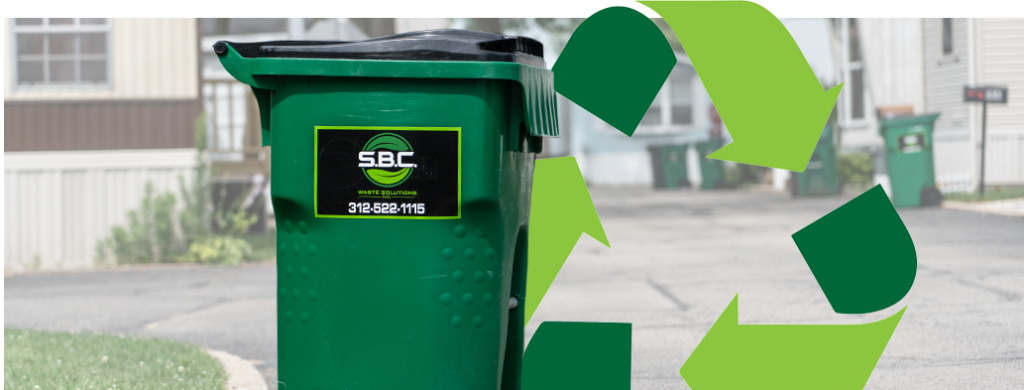
Recycling Service
Easy Ways to Find a Center Near You
Do your part to protect the environment by recycling. It’s easier than you think to find a recycling center in your area. Here’s how:
- Connect with local government: Many cities and counties offer free recycling services. Find out if they have a program and locate drop-off spots by visiting their website or contacting them directly.
- Use a locator tool: Take advantage of online resources like Earth911, RecycleNation, and iRecycle. These websites and apps help you find the nearest recycling center by entering your zip code or address.
- Contact waste management companies: Don’t overlook waste management companies. They often provide recycling services or can guide you to nearby centers.
- Reach out to recycling organizations: Non-profit groups like the Recycling Partnership and Keep America Beautiful offer programs and resources to make recycling easier. Visit their websites or contact them for more information.
- Explore retailer options: Many retailers, including Best Buy, Target, and Home Depot, offer recycling services for items like electronics, batteries, and light bulbs. Check with your local store to see if they provide recycling options.
In conclusion, locating a recycling center near you is a simple process that just requires a little research. Join the movement to reduce waste and help the environment by following these tips.
What Can Really be Recycled?
Join the movement towards a greener future by embracing recycling, a practice that converts waste into reusable treasures. Recycling not only minimizes waste, but also saves energy, conserves resources, and lowers greenhouse gas emissions. While almost anything can be recycled, it’s important to note that not all materials can be recycled in the same way. Let’s explore the common types of materials that can be recycled:
- Paper Power: Paper and cardboard are champions of the recycling world. Through a process of transformation, used paper becomes pulp, which is cleaned and turned into fresh paper products. Recycling paper conserves energy, protects trees, and dramatically reduces landfill waste.
- Plastic Fantastic: Plastic is a versatile material with endless recycling possibilities. By recycling plastics, we curb our reliance on fossil fuels as many plastics are derived from oil. However, it’s important to note that not all plastics can be recycled, and those that can require different recycling processes. From containers to carpets, plastics can find new life in a variety of useful forms.
- Glass Glamour: Glass is the ultimate recyclable material, as it can be recycled indefinitely without losing its quality. By crushing used glass, melting it down, and molding it into new products, we conserve resources and significantly reduce landfill waste.
- Metal Magic: Metals are treasures that can be recycled over and over again without losing their worth. Recycling metals drastically cuts down on the energy and resources needed to create new metal products. Popular metals like steel, aluminum, and copper can be transformed into bicycles, cars, and appliances, giving them a second chance at life.
By embracing the power of recycling, we can all make a positive impact on our planet and shape a brighter future.
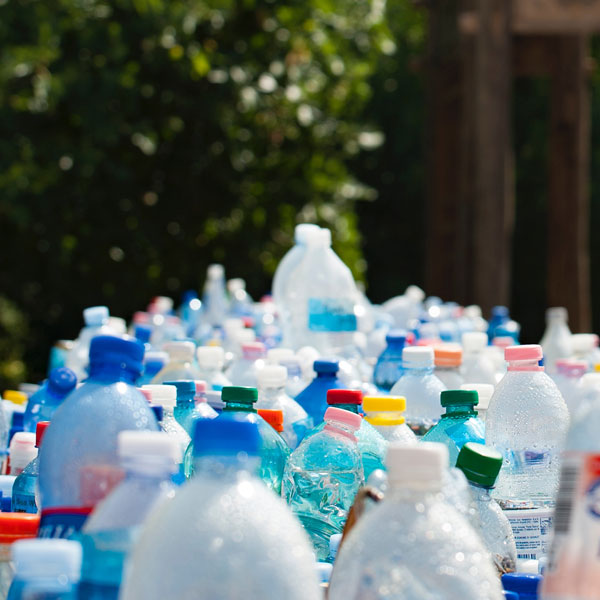
Recycling Services Near Me
Frequently Asked Questions about Recycling
Discover the answers to common questions about recycling company and take your sustainability efforts to the next level. Find out what can be recycled in your area, learn about the benefits of recycling, and get tips for maximizing the impact of your recycling efforts.
- What items can be recycled?: From paper and glass to plastic and metal, there’s a wide range of materials that can be recycled. However, not all plastics are recyclable, and proper preparation may be required for certain materials. Check with your local recycling facility for specific guidelines.
- Why is recycling important?: By recycling, we can reduce waste, conserve resources, and fight climate change. Recycling saves energy, reduces landfill waste, and helps protect natural habitats. Plus, it creates jobs and supports a sustainable economy.
- Should recyclables be rinsed?: To ensure effective recycling, it’s best to rinse your recyclables before tossing them in the bin. This helps avoid contamination and maintains the value of the materials being recycled.
- Is recycling cost-effective?: The cost-effectiveness of recycling depends on various factors. While in some cases, landfilling may be cheaper, the long-term environmental benefits make recycling a smart choice. Reduced greenhouse gas emissions and the conservation of resources justify the investment.
- Can recycled materials be recycled again?: Yes, many materials can be recycled multiple times. Aluminum cans, for example, can be recycled repeatedly without any loss in quality. However, some materials like paper have limitations on the number of times they can be recycled due to quality degradation.
In conclusion, understanding recycling and following proper guidelines is essential for making a positive impact on the environment.
Take action today for a greener tomorrow! Recycling is crucial for a sustainable future. Don’t leave it to others, we all have a part to play. Start by researching local recycling centers and finding ways to get involved. Even a small step can have a big impact for future generations. Knowledge is power, so use this blog post as a launchpad for your recycling journey. Explore FAQs from trusted sources, discover new ways to recycle near you, and stay tuned for more insightful tips on creating a global shift towards sustainability. The power to change the world is in our hands – let’s make it happen together.
https://www.google.com/maps?cid=4180240075447051620

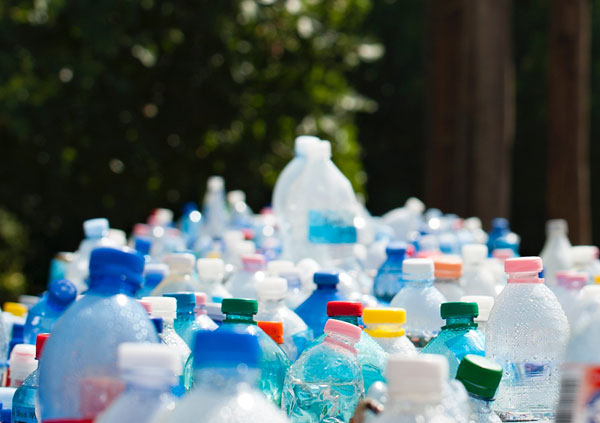
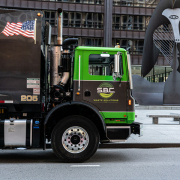
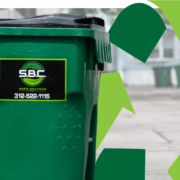
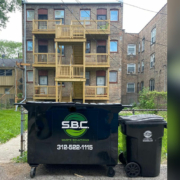
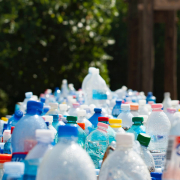

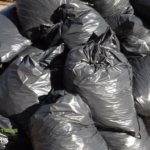
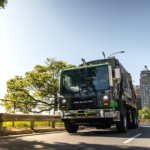
Leave a Reply
Want to join the discussion?Feel free to contribute!